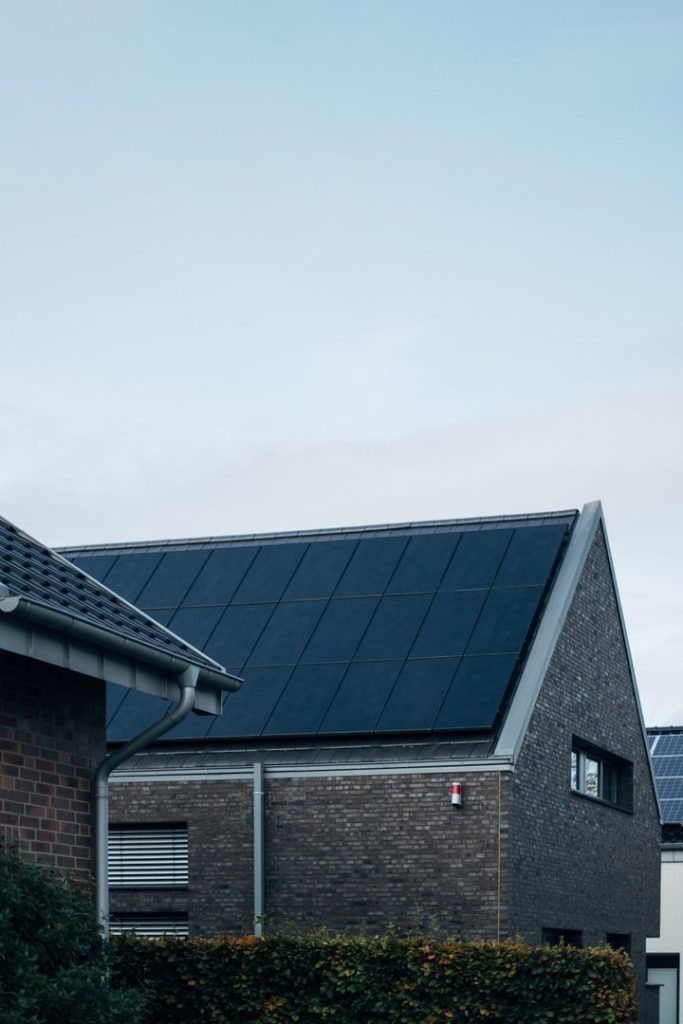The world is facing an environmental crisis, and the only way to curb the effects of climate change is to reduce our dependence on fossil fuels and switch to renewable energy sources. Solar power is one of the most promising forms of renewable energy – it’s clean, efficient, and can be used in many different applications. In this blog post, we’ll discuss why solar power is an important part of the pathway to a more sustainable future.
What Is Solar Power?
Solar power is energy produced from sunlight. It’s collected by solar panels, which absorb the sun’s rays and convert them into electricity. This electricity can then be used to power homes, businesses, and other buildings. Solar power is a clean, renewable energy source that emits no carbon dioxide or other pollutants into the atmosphere.
Benefits of Solar Power
There are numerous advantages to using solar power as opposed to traditional sources of electricity. Here are just a few:
- Reduces greenhouse gas emissions. By switching from traditional electricity sources such as coal-fired plants to solar energy, you can help reduce your carbon footprint and ensure that fewer pollutants are released into the atmosphere.
- Cost savings. Solar energy systems require less maintenance than traditional electricity sources and can result in significant cost savings over time.
- Reliable source of energy. Solar energy systems provide a reliable source of clean energy as long as there is enough sunlight available.
- Versatile applications. Solar energy can be used for powering homes, businesses, agricultural operations, water pumping systems for irrigation purposes, etc.
How Can You Go Solar?
If you’re considering making the switch to solar power then you should start by doing research on what type of system would be best suited for your needs. You should also consider whether or not you want to install the system yourself or hire a professional installer. Once you have an idea of what type of system you need then you can start looking at quotes from local solar installation companies or online retailers.
Once you have selected your equipment and a quote has been accepted then it’s time to set up your installation appointment with your chosen installer. The installer will come out and assess the area where you plan on installing the system in order to ensure that it meets all safety standards before beginning work on installation day. After everything has been installed then it’s simply a matter of turning on the system and letting it do its job!
Conclusion
By switching from traditional sources of electricity generation such as coal-fired plants to renewable sources like solar energy we can help reduce our carbon footprint and move towards a more sustainable future. There are numerous benefits associated with using solar power including cost savings over time, reduced greenhouse gas emissions, reliability when enough sunlight is available, and versatile applications across different industries. If you’re interested in going solar then make sure you research what type of system would best suit your needs before beginning the installation process with a qualified installer.

